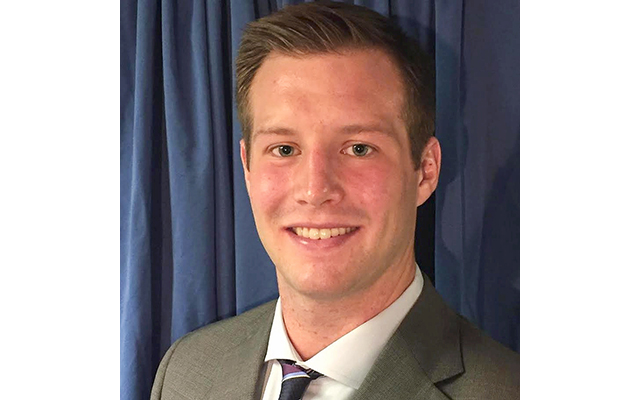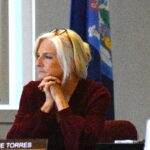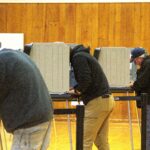Our nation’s airports are rolling in cash. They took in nearly $30 billion in revenue last year, which represents a bump of 47 percent per passenger since the year 2000, and the number of passengers at many airports is way up.
This is true of some of our state airports as well. Last year and the year before, Portland International Jetport had record numbers of passengers. 1.86 million passengers grew to 2.13 million passengers. This year is only likely to improve on that.
That is a double win for commerce in and around the airport — parking, food, shops, clothing, hotels – and for the airport itself. More passengers means more money in airport coffers to maintain and expand current facilities.
The federal Airport and Airway Trust Find alone, designated only for funding airport renovation, has almost $7 billion banked. This sort of forward thinking continues to translate into real improvements in Maine’s airports.
Our own [U.S.] Sen. Susan Collins (R-Maine) is chair of the U.S. Senate Transportation Appropriations Subcommittee. She was instrumental in securing $1 billion of funding for Maine’s airports last year. These funds came by way of the Federal Aviation Administration’s Airport Improvement program and were aimed as smaller and non-primary airports including Biddeford, Eastport and Newton Field.
That represents one responsible thing for politicians to do to help their constituents: Help use the cash that our system banks to airports that might have as much clout as the bigger “hub” airports, most of which are already undergoing major renovations.
The irresponsible thing to do would be to shovel even more cash at a system already swimming it, and to sock it to more rural passengers in the process by piling on an additional tax on connecting flights. That is the “solution” being championed by Rep. Peter DeFazio (D-Oregon), chair of the U.S. House Committee on Transportation and Infrastructure.
DeFazio wants to take a hidden tax baked into the price of airline tickets called the Passenger Facility Charge (PFC) and double it. This would be a horrible idea, especially for more rural-heavy states such as Maine. If he has his way, for instance, a family of four who were traveling to and from a location on a connecting flight would pay $144 more than they do now.
Bear in mind that taxes, fees and other government-mandated charges already make up over 20 percent the price of an average domestic flight. And that that is more than enough to provide our airports’ current infrastructure needs.
It’s worth emphasizing that this would fall especially hard on travelers going places via most of Maine’s airports. Because of the way flights are arranged currently, connecting flights are a huge ingredient of getting people places. This increase in the PFC would be, effectively, a tax on connecters.
I oppose the hike for many reasons. One of them is that an increased PFC would hit folks in my own Aroostook County hard. Families, businessmen, and farmers would be forced to pay proportionally more for all the flights that they take than folks next to airports with lots of direct flights.
The PFC hike would serve to make it that much harder for my constituents to benefit from all of the miracles that air travel makes possible. It would do so in the name of funding “infrastructure,” but that’s a red herring. Our airports are doing just fine. Let’s not erect this monument to a House committee chairman’s ego on the backs of good folks without a whole lot of clout in our nation’s capital.








